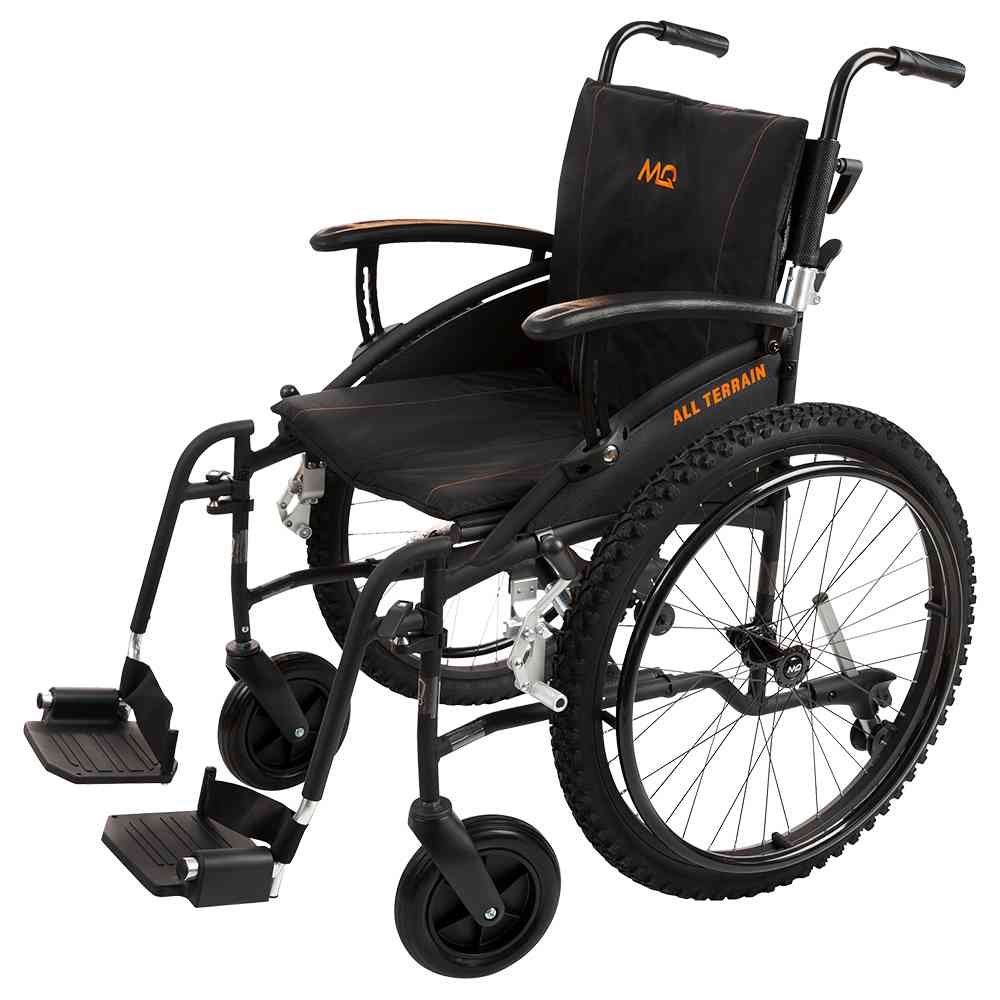
The inclusion of people with disabilities (PWDs) in some workplaces remains elusive despite Zimbabwe having a National Disability Policy that promotes the employment of all persons without discrimination.
According to the policy, employers are mandated to reserve a minimum of 15% of their vacancies for PWDs as well as promoting the creation of accessible and inclusive workplaces, among others.
The policy also calls on employers to adopt inclusive policies and practices.
Tanatsiwa Tania James, a project officer for Economic Empowerment, said the Disabled Persons Act (Chapter 17:01) prohibited discrimination against PWDs in employment.
James’ organisation falls under the Federation of Organisations of Disabled People in Zimbabwe, an umbrella body for organisations representing PWDs.
“Section 9 of the Act states that no employer shall discriminate against any person with disabilities in relation to the advertisement of employment, recruitment for employment, classification or abolition of jobs or posts, the determination or allocation of wages, salaries, pensions, accommodation, leave or other such benefits,” James said in written responses to NewsDay.
James said, despite the provisions of the Disability Act, PWDs in Zimbabwe continued to face significant barriers to employment, particularly discrimination.
“The barriers include: Lack of awareness of the Act and its provisions among employers and the general public, negative attitudes towards disabled persons in the workplace, lack of accessible transportation and workplaces, limited training and support for disabled persons to enter and succeed in the workplace,” she said.
- Identity documents mobile registration kicks off in Byo
- French Embassy supports Hatcliffe reusable sanitary pads project
- French Embassy supports Hatcliffe reusable sanitary pads project
- Call for PWDs inclusion in electoral processes
Keep Reading
James said the Convention on the Rights of Persons with Disabilities (CRPD) recognised the right of PWDs to work on an equal basis with others.
Article 27 of the CRPD sets out a number of specific obligations for States to promote and protect the right to work of PWDs.
“The obligations include: Ensuring that reasonable accommodation is provided to persons with disabilities in the workplace, promoting the acquisition by persons with disabilities of work experience in the open labour market, promoting vocational and professional rehabilitation, job retention and return-to-work programmes for persons with disabilities,” James said.
“There is a need to prohibit, discrimination in employment on the basis of disability as well as protecting persons with disabilities from forced or compulsory labour.”
She, however, acknowledged that adopting legislation to promote equal opportunities in employment for PWDs remained a tall order.
“Collecting and analysing data on the employment of persons with disabilities is one of the toughest challenges in the country.”
Agnes Chindimba, executive director of Deaf Women Included, weighed in saying the biggest challenge is perception of disability in the community.
“We need the community to realise that PWDs are human beings with rights just like everyone else. Raising awareness remains a big issue. Disability needs to be mainstreamed into all programmes by the government and other players,”










